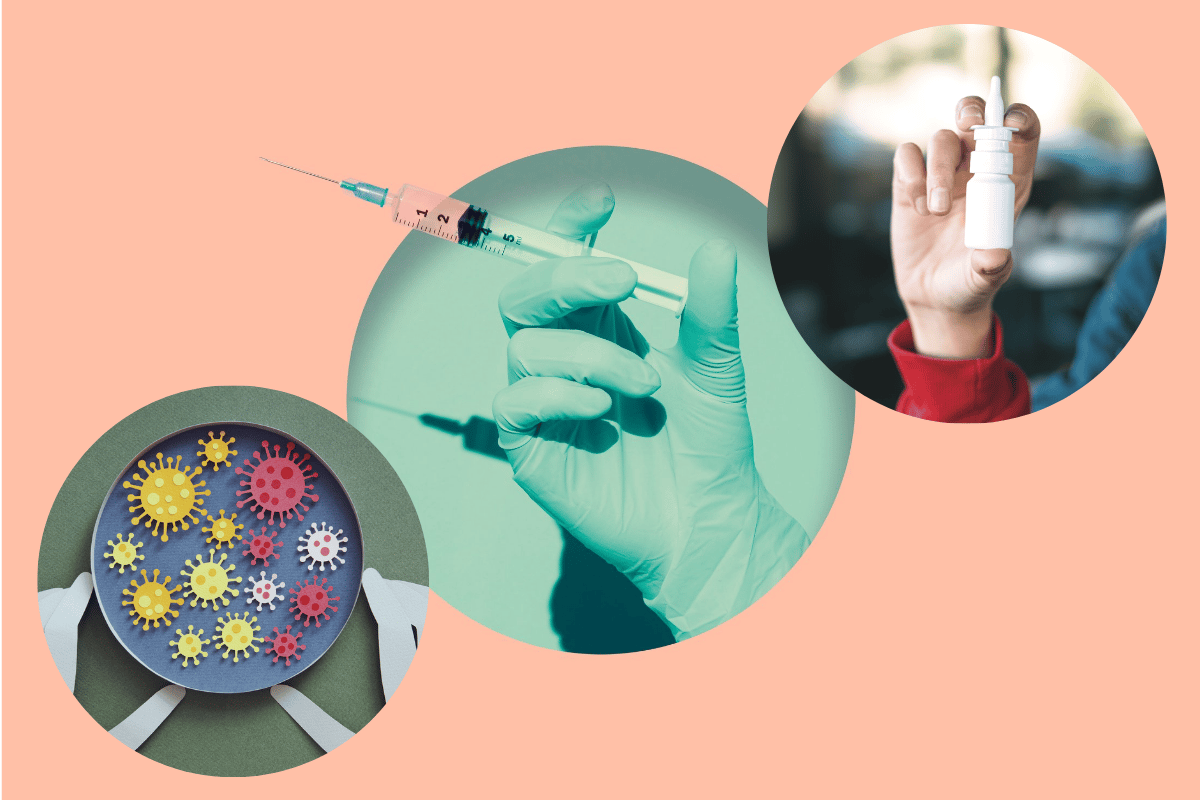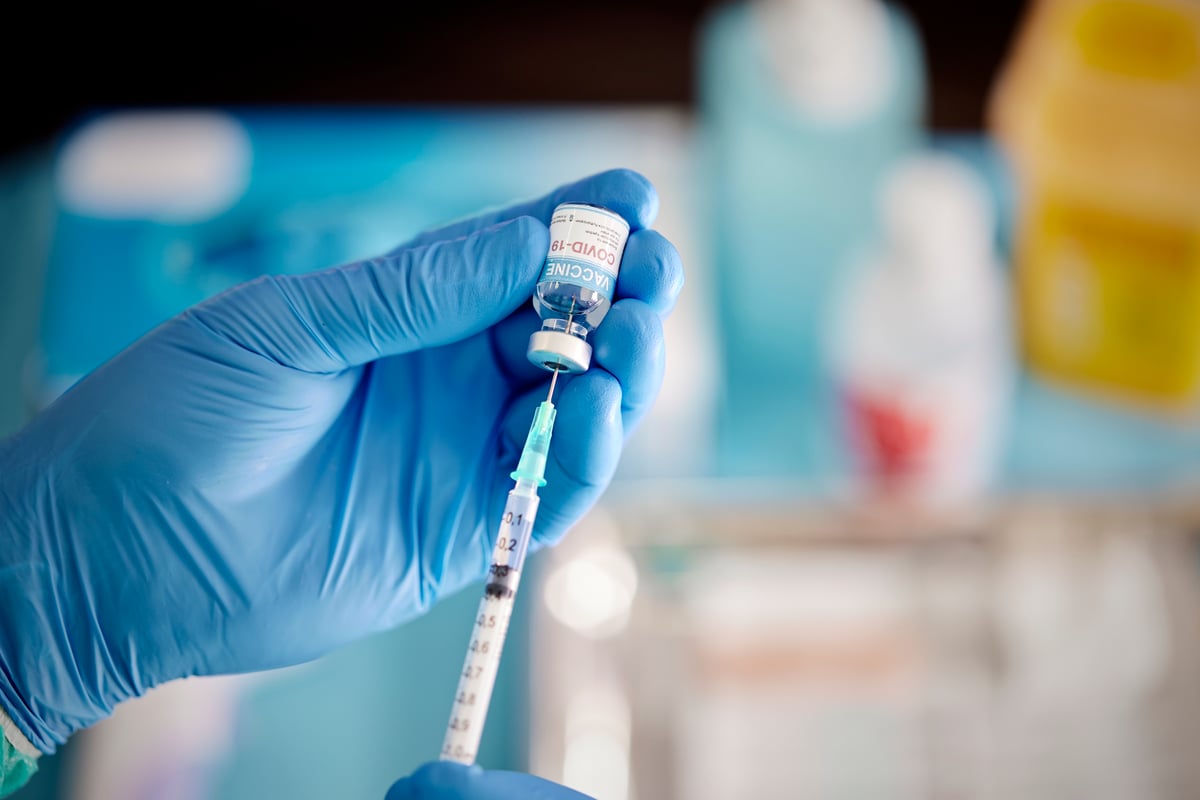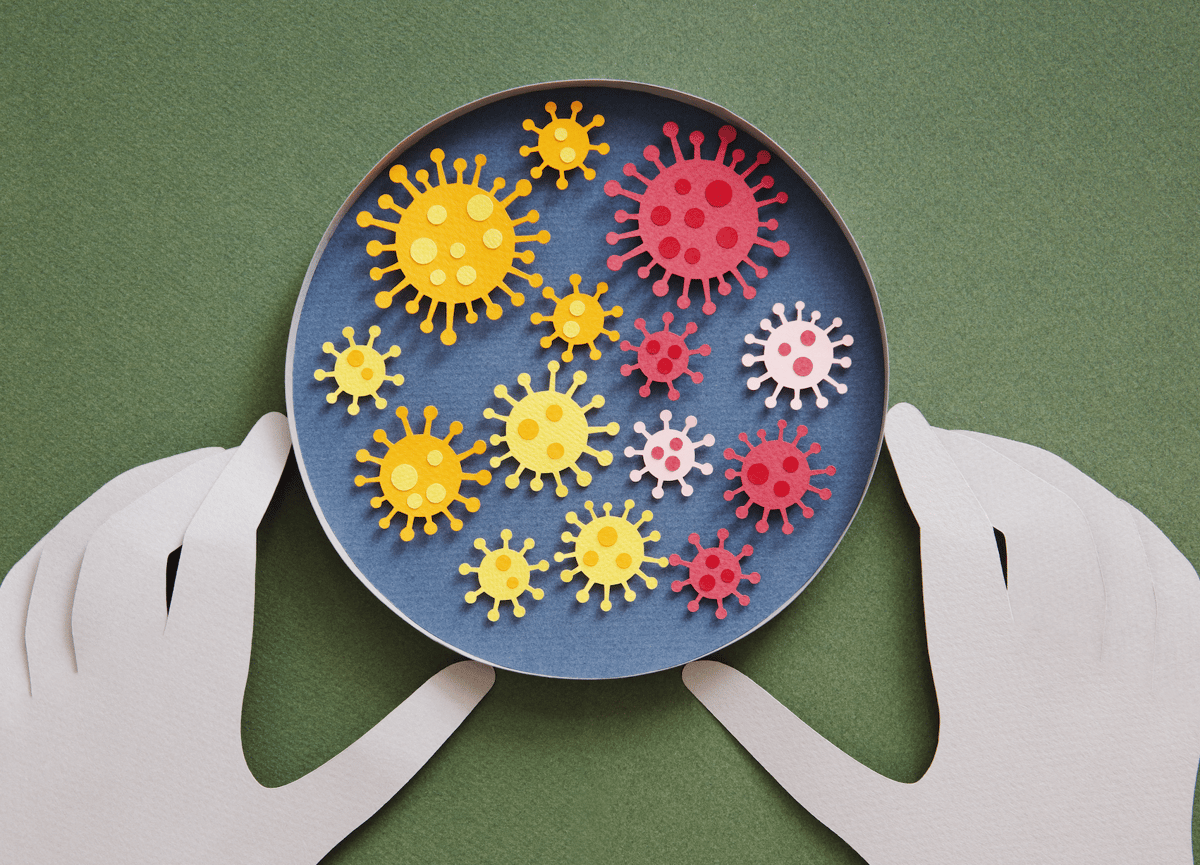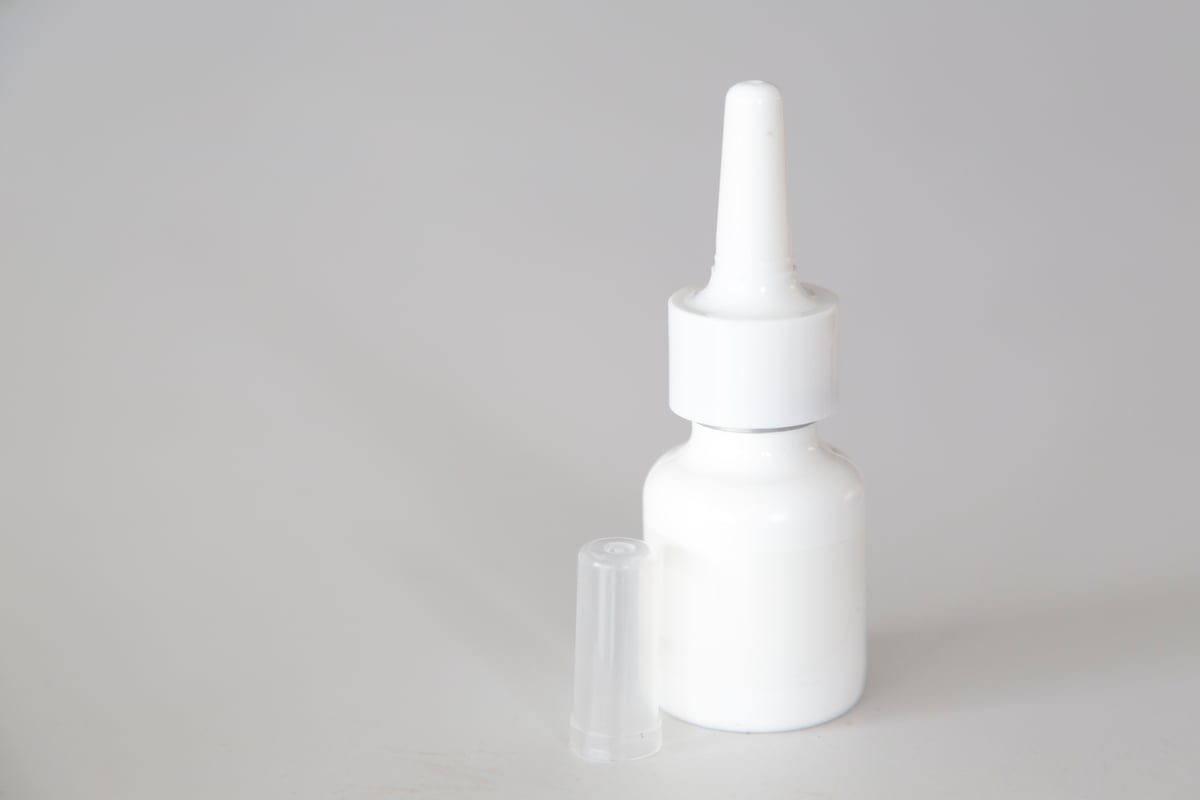
The news cycle has been pretty overwhelming these past weeks, especially in the case of COVID-19 numbers, border changes, and restrictions being chopped and changed.
To try and lift the mood to some extent, we wanted to bring our Mamamia readers five things that might make you feel a bit better about COVID today: whether it's our vaccination numbers, a promising new trial on the horizon, or that experts are predicting Omicron isn't as bad as we once thought.
Watch: Thank you to masks. Post continues below.
Australia's vaccination numbers are something to celebrate.
Across Australia, 90.8 per cent of people over the age of 16 are fully vaccinated, with 94 per cent having at least one dose of the vaccine.
Another vaccine stat to celebrate is that all states and territories across the country have a second dose rate above 80 per cent, which is amazing!
 Image: Getty. It's also great to see the work being done in Indigenous communities across the country. Currently, over 70 per cent of First Nations People over the age of 16 are fully vaccinated.
Image: Getty. It's also great to see the work being done in Indigenous communities across the country. Currently, over 70 per cent of First Nations People over the age of 16 are fully vaccinated.



Top Comments